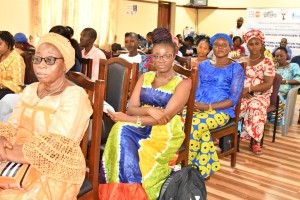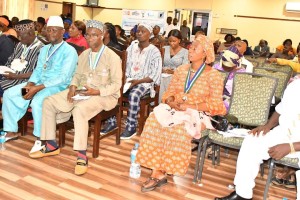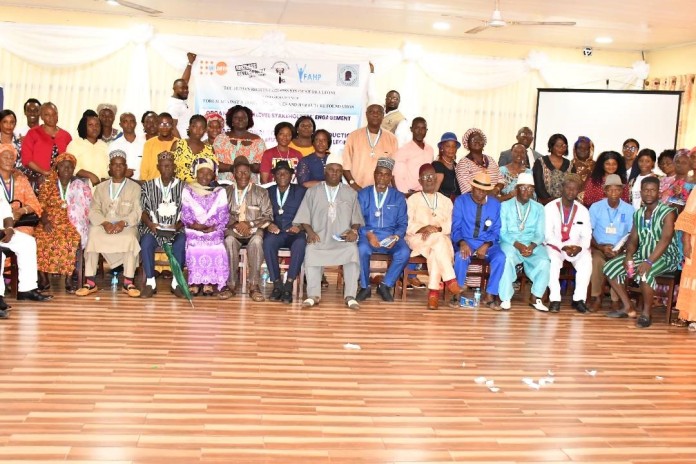Female Genital Mutilation/Cutting (FGM) continues to be practiced in Sierra Leone, within the secretive Bondo Society, making the country one of the 28 African nations where this harmful tradition persists. However, there has been a decline in FGM prevalence, with the 2019 Demographic Health Survey indicating a reduction from 90 percent in 2013 to 83 percent of women aged 15-49 having undergone the procedure.
To combat this deeply rooted issue, the Human Rights Commission of Sierra Leone (HRCSL) has been actively engaged in advocacy and awareness-raising campaigns against FGM. As part of their efforts, the HRCSL, in collaboration with the Forum Against Harmful Practice (FAHP) and with support from UNFPA through Restless Development, organized a one-day dialogue with stakeholders to discuss the draft National Strategy on the Reduction of FGM.
During the dialogue, Madam Gloria Bayoh, the Director of Gender and Children’s Affairs at HRCSL, emphasized the need for a specific law targeting FGM and expressed the Commission’s commitment to respecting the age of consent, which is 18 years old.
The draft National Strategy, developed in 2015, had not been previously considered, despite the dedicated advocacy efforts and national consultations carried out by rights-based organizations in Sierra Leone.
The engagement with stakeholders also included perspectives from tribal authorities. Chief Sahr Orlando Gbekie, Chairman of Western Area Tribal Heads, stressed that while they are not opposed to all traditional practices, they are deeply concerned about the harmful effects of FGM on women and girls. Gbekie highlighted the important role that tribal leaders can play in reducing or abolishing FGM within their communities.
A victim from Bo District shared her harrowing experience of being initiated twice by the Soweis, who alleged that she had disrespected her grandmother. The victim revealed that she endured physical beatings during the initiation process, resulting in injuries.
Various organizations also voiced their commitment to ending FGM in Sierra Leone. Foday Bangura, Vice President of Children’s Forum Network, emphasized their advocacy efforts to uphold tradition while safeguarding the welfare of young girls.
Madam Hannah Yambasu, Deputy Chairperson of FAHP, shed light on their decade-long advocacy journey that began in 2010 with a focus on promoting the age of consent, but acknowledged that progress has been limited. She asserted FAHP’s stance on zero tolerance for FGM, stressing that women and children in Sierra Leone are still suffering and even losing their lives due to this practice.
The dialogue provided a critical platform for stakeholders to become aware of the draft National Strategy on the Reduction of FGM and served as a catalyst for renewed efforts to combat the harmful practice in Sierra Leone.







